
Director of Photography
Richard Herrera is a champion swimmer from Coahuila, Mexico, who has won gold at numerous international events. Earnest, passionate and devoted to his parents, the young man proves to his family and peets, that Down’s Syndrome does not get in the way of achieving your dreams. Director Ariel Danziger took a very different approach to the filming of Ritmo del Agua. It’s light-footed, monochrome depiction of Herrera’s interior world is a far cry from the glossy, cinematic pacing of previous projects, such as Somewhere and Jamila. Instead, Danziger shoots straight for the heart in a pared-down documentary profile stitched together using the protagonist’s emotional bonds.
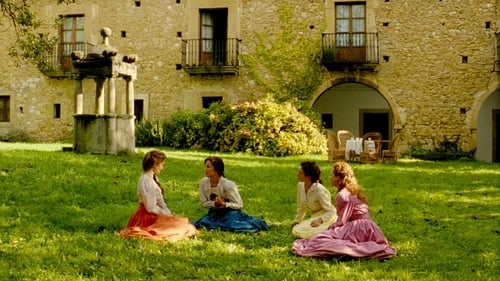
Camera Operator
The small Asturian village of Cenciella, Spain, at the beginning of the twentieth century. The quiet life of Urbano and Estrella, a kind and naive couple in love, is seriously altered when they get involved in the fierce struggle between the local political factions.

Cinematography

Director of Photography
Ana, a former member of the Basque terrorist group ETA who lives in a small village near the Portuguese border working as a veterinarian and sharing her days with her partner Darío and their daughter Amalia, meets José, an attractive man who participated in the dirty anti-terrorist war against ETA criminals who took refuge in France.

Camera Operator
Zabu was a dancer in a small cabaret in Bilbao. Twelve years later she is living with her daughter Lola and a small delinquent called Lino in a squalid suburb of an industrial city. She dreams of leaving for Australia.
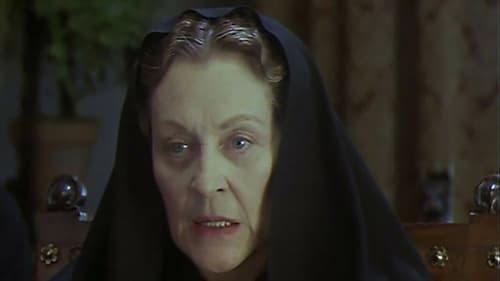
Camera Operator
After the death of her husband Bernarda Alba puts her daughters under a rigurous mourning which does not even allow them to leave the house.

Camera Operator
The new coach of the basketball team of Lugo arrives from Uruguay. He really knows nothing about training a basketball team so he keeps the previous coach on and in the meantime tries to learn from videos and books, but his real reason for coming to Spain was to find out about an old lost love.
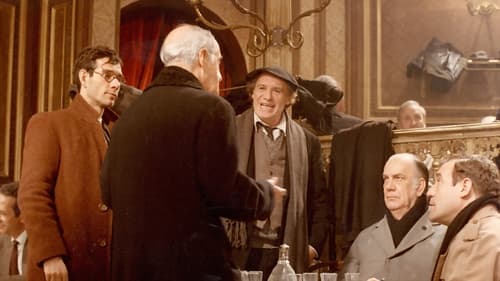
Camera Operator
As in the novel of the same title from Camilo Jose Cela, "La Colmena" is a sad composition with the stories of many people in the Madrid of 1942, just the postwar of the spanish civil war. The main theme of the film is the contrast between the poets, surviving close to misery under the Franco's regime, and the winners of the war, the emerging class of the people that makes easy money with illegal business.
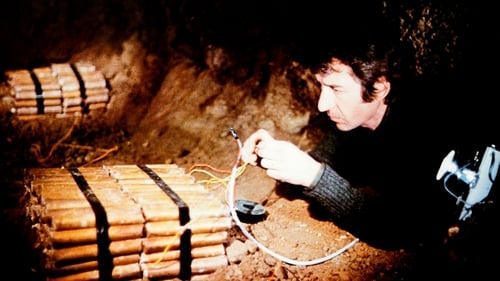
Camera Operator
Spain, 1973. Dictator Francisco Franco has ruled the country since 1939 with an iron fist; but he is now a very old and sick man. The future of the weakened regime is in danger. Admiral Carrero Blanco is his natural successor. The Basque terrorist gang ETA decides that he must die to prevent the dictatorship from continuing.
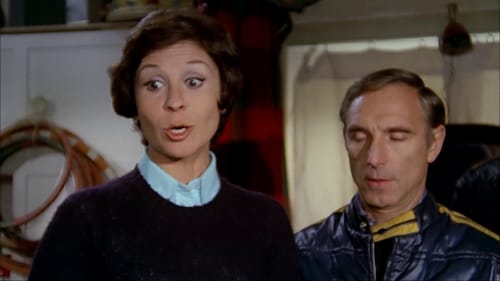
Assistant Camera
Lina, who works as a servant, is saving money with his boyfriend Daniel, who is fireman, in order to get married. But the weddings' day, when his fiance is goint to the wedding, he recieves an urgent call because of a big fire in the forest. So he decides to go to the fire and leaves his fiancee at the church. Lina feels that Daniel prefer the fire than her so he goes to her town hitchhiking. Carlos, who has just robbed a bank, picks her.

Assistant Camera
Manuel, a young man of eighteen, arrives in Madrid with the illusion of being a bullfighter. On arrival he meets Juan a ruined singer in his fifties who, along with his friend Lola, will help the boy to get a chance to bullfight in a probe at the estate of a famous businessman.

First Assistant Camera

Director
Africa: The Beat was filmed in Nzali, an enclave situated in the heart of Tanzania where the Wagogo live. Theirs is a unique musical universe. From the film's first frame to the last sound heard, each image takes us further into their daily reality while their music gradually engulfs us in a world of surprising sensations. Day and night, the passage of time and the seasons, nature and the elements, water, the importance of the word and the stories, the stages of life...all of this emerges from a pulsation around which every instant of existence is articulated. Filmed with rudimentary technical means, Africa: The Beat conjoins the perspective of a painter, the vision of a filmmaker and the sensibilities of two musicians. It does away with the concept of the voice-over, which conditions and invades the spectator's senses. Instead, the film permits the spectator to experience his or her own emotions, and bear witness to the essential place music occupies in life.










